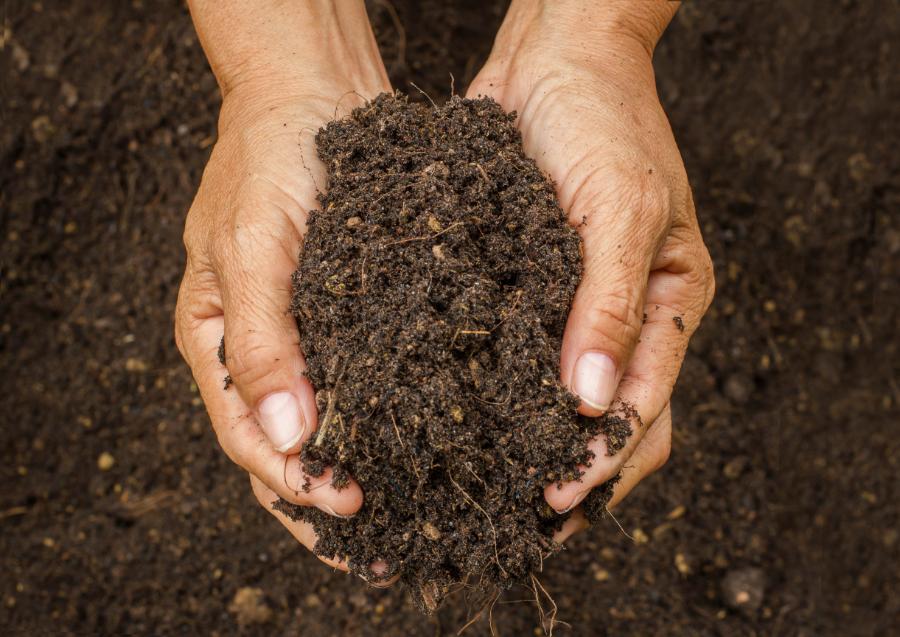Sustainable Infrastructure
Our research aims to tackle the challenge of ensuring sustainability and resilience of the Infrastructure that underpins our society and economy. We are working on challenges relating to transportation (rail and road), energy and communications networks as well as addressing water and waste systems and supporting our emergency services.
A strong focus is on climate resilience, dealing with drought and flooding events, as well as climate change. To tackle these challenges we draw on our areas of research excellence in communications, computational mechanics and geotechnical engineering. We work with industry and government agencies within the UK and with international partners, particularly from Africa and Europe, to find solutions to maintain and improve Infrastructure, nationally and globally.
Sustainable Infrastructure aligns with goal 15 of the United Nation's Sustainable Development Goals: Life on Land - Protect, restore and promote sustainable use of terrestrial ecosystems, sustainably manage forests, combat desertification, and halt and reverse land degradation and halt biodiversity loss

Areas of Research Interest
Geotechnical and Environmental Engineering
Research in this area covers a wide range of topics in geotechnical and geoenvironmental engineering including:
- Unsaturated soil mechanics
- Weather and climate impacts on slopes, retaining walls and foundation systems
- Earthen construction materials
- Remediation of contaminated land and improvement of soil health
We have a world-leading UnsaturatedSoils laboratory for performing tests to determine soil water retention properties and strength and stiffness in unsaturated conditions with measurements of suction. We have developed a commercial tensiometer capable of measuring suctions to 2MPa and have experimented with a prototype device capable of measuring to 7MPa. We use both Time Domain Reflectometry (TDR) and Electrical Resistivity Tomography (ERT) equipment for measuring and mapping water content changes.
There is an urgent need to rebuild UK and global soils to for climate change mitigation and adaptation as well as food security. A healthy soil microbiome is at the heart of the rebuilding climate-resilient soils and we work with many stakeholders to ensure engineers engage with soil health.
Computational Solid Mechanics
Here we are unique in covering almost all computational methods used for solid mechanics, and much of our research is concerned with improving or developing these methods. Topics we cover include:
- Finite element, meshless and boundary element methods
- Development of elasto-plastic constitutive models for soils
- Modelling of fracture using various approaches, including phase fields and cracking particles
- Discontinuous Galerkin methods, peridynamics and point collocation for solid mechanics problems


/prod01/prodbucket01/media/durham-university/departments-/engineering/74202-5112X1676.jpg)